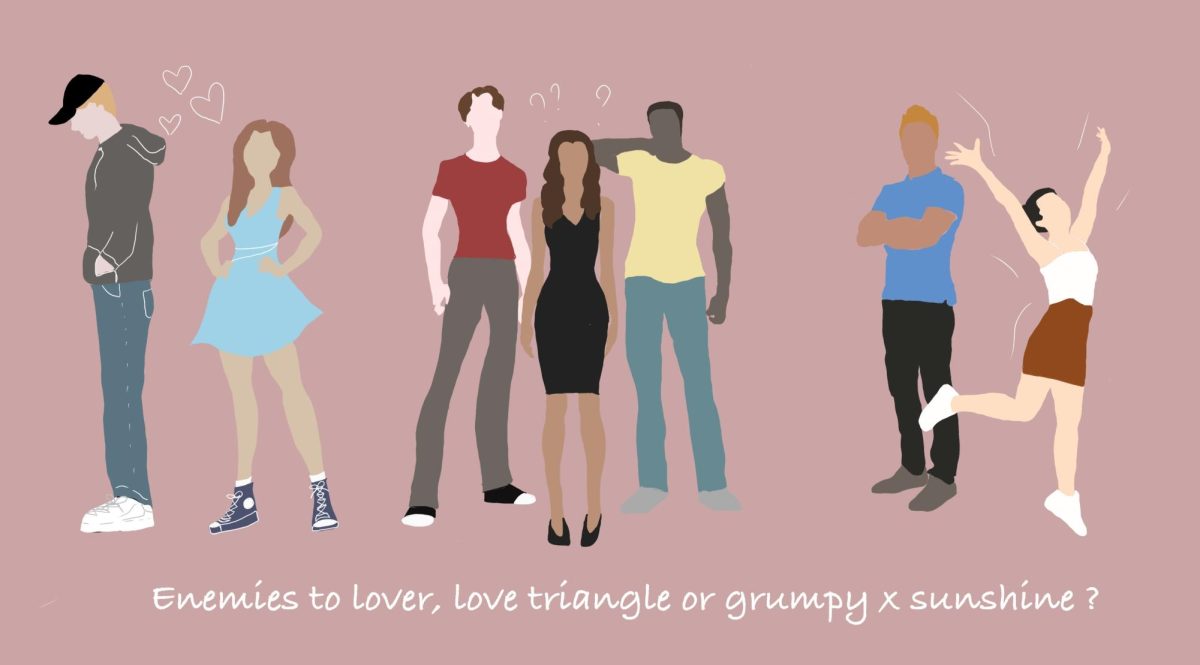If you’ve played the New York Times’ viral word game Connections this week, you might have noticed a curious cluster of words: trope, cliché, platitude, chestnut. These terms, all grouped under the category “banality,” have sparked fresh debate online about what makes a story stale—and why we keep coming back for more.
Why Are We Still Talking About Tropes and Clichés?
It’s not just puzzle fans who are obsessed. Writers, critics, and pop culture junkies have been arguing for years:
What’s the real difference between a trope and a cliché? And is a platitude just a fancy way of saying something’s boring?
Tropes are recurring themes, motifs, or devices in storytelling—think “the chosen one” or “the love triangle.” They’re the building blocks of genre fiction, and, when used well, they can be comforting or even subversive.
Clichés, on the other hand, are tropes that have been used so often they’ve lost their impact. They’re the “it was all a dream” endings, the “bad guy monologues,” or the “girl trips and falls while being chased.” In short: clichés are tropes that have gone stale.
Platitudes take it a step further. These are overused expressions or moral statements that sound wise but offer little real insight—think “everything happens for a reason” or “it is what it is.” In the NYT puzzle, “chestnut” (an old, tired joke or story) rounds out the set, highlighting just how interchangeable these terms can feel in everyday conversation.
The Internet’s Love-Hate Relationship With Banality
So why do these words keep popping up in games, forums, and writing advice columns? The answer:
audiences crave both novelty and familiarity. As one writing blog puts it, “Tropes aren’t inherently bad. They’re tools. It’s how you use them that matters”.
-
Tropes can be fresh and exciting when given a twist.
-
Clichés are often criticized as lazy writing, but sometimes readers find comfort in the familiar.
-
Platitudes can be eye-roll-inducing, but they’re also a shorthand for shared cultural wisdom.
The NYT’s decision to group these words together in a puzzle reflects a broader cultural conversation:
Are we too quick to dismiss familiar storytelling elements as “banal”? Or do we need to challenge writers and creators to dig deeper?
Writers Weigh In: Should You Avoid Clichés and Tropes?
Online writing communities are divided. Some argue that avoiding all tropes and clichés is impossible—and maybe even undesirable. After all, bestselling novels and blockbuster movies are packed with familiar elements. What matters, say many authors, is
how you use them: Are you relying on them as a crutch, or are you reinventing them in a way that feels fresh?
Others warn that overused tropes can turn off readers and agents alike. The key, they say, is to recognize when a trope has become a cliché—and to find ways to subvert or deepen it.
What This Means for Creators and Fans
If you’re a writer, game designer, or just a fan of pop culture, here’s the takeaway:
-
Don’t fear tropes—embrace them, but make them your own.
-
Watch out for clichés—if it feels tired, give it a twist.
-
Platitudes can be tempting, but strive for genuine insight.
And if you’re stuck on a word puzzle? Remember: sometimes the answer is hiding in plain sight, disguised as a tired old chestnut.
Sources
1. NYT Connections Hints Today: Answers & Clues for ...
2. Cliches and tropes
3. NYT 'Connections' Hint and Answers Today, Tuesday, October ...
4. How To Write Tropes, Not Cliches
5. Why shouldn't we use worn-out tropes and cliches?
6. Thread by @Delafina777: "Oh, boy, I keep hearing people use the term "trope" like it's a negative. So let's talk about tropes and cliches. Part of the confusion prob […]"
7. When Does a Trope Becoming a Cliche? #ThinkyThursdays 21
8. Why I LOVE Cliches and Tropes | DARCY PATTISON
9. Story Tropes: Lazy Shortcuts, or Opportunities for Depth? - Jami Gold
10. Tropes versus cliches #writingtips #writingadvice #jennamoreci #cyborgqueen #cyborgarmy #writinghelp
11. What cliches and tropes annoy you when it comes to content creation?
